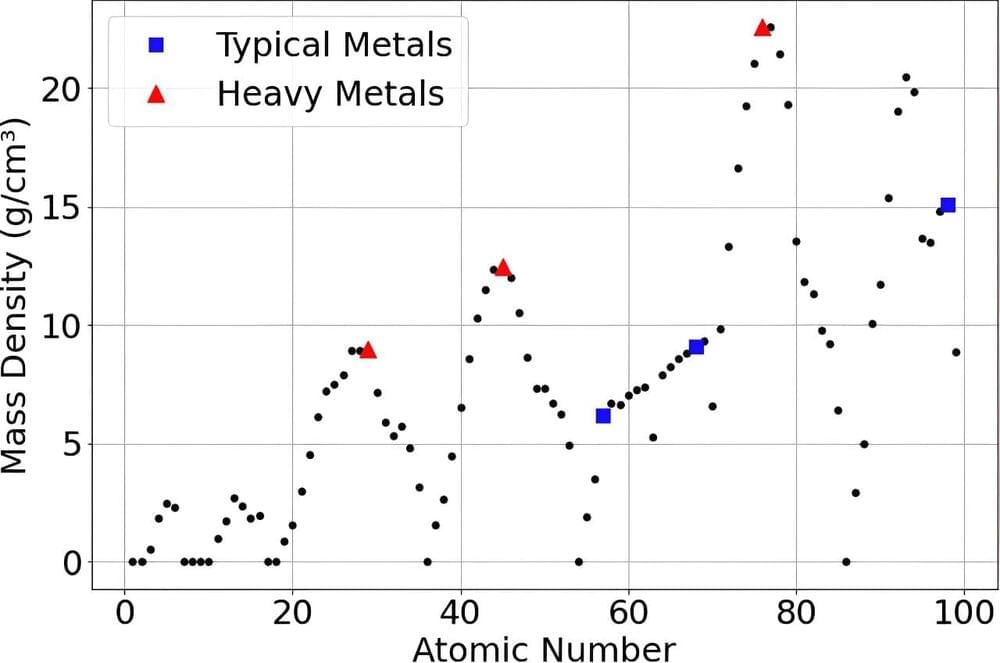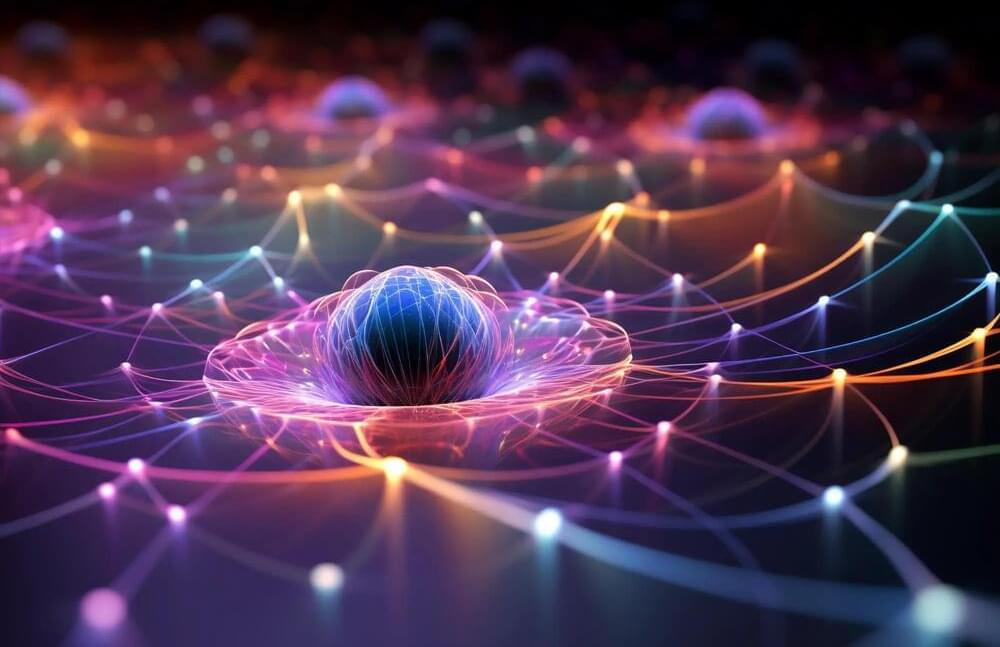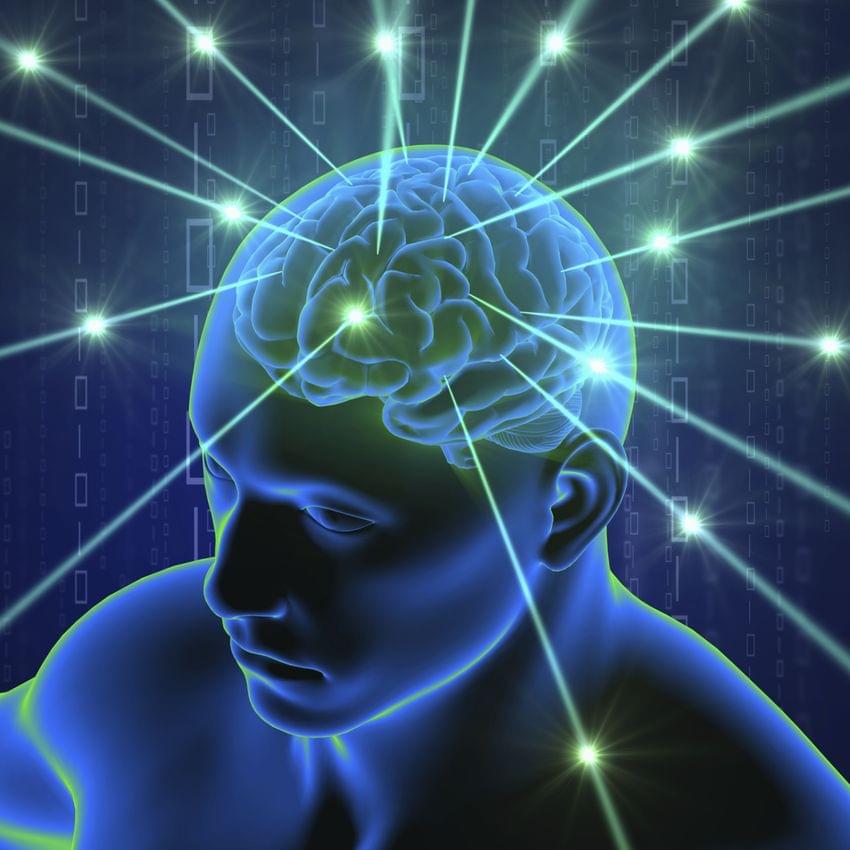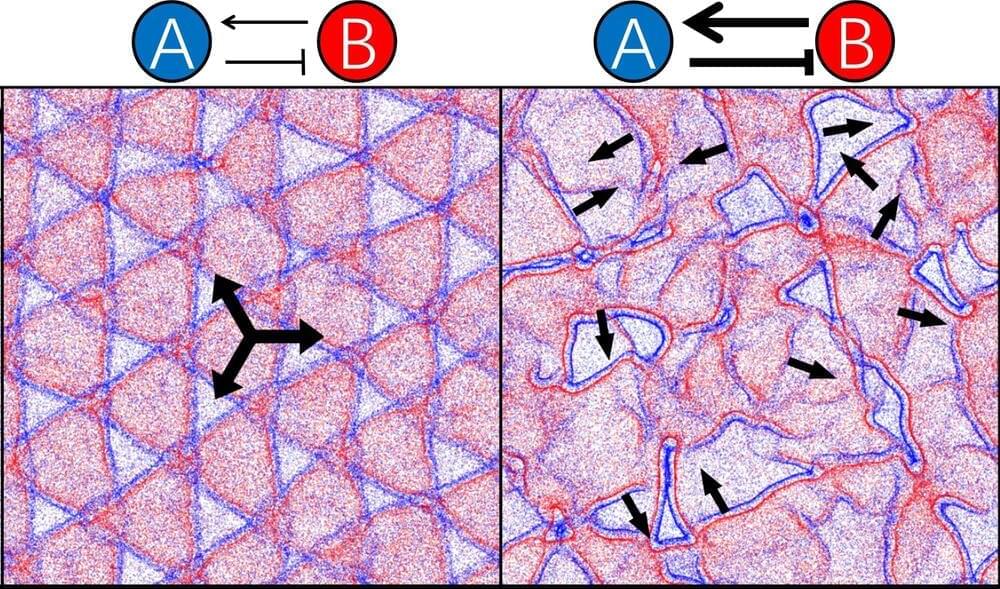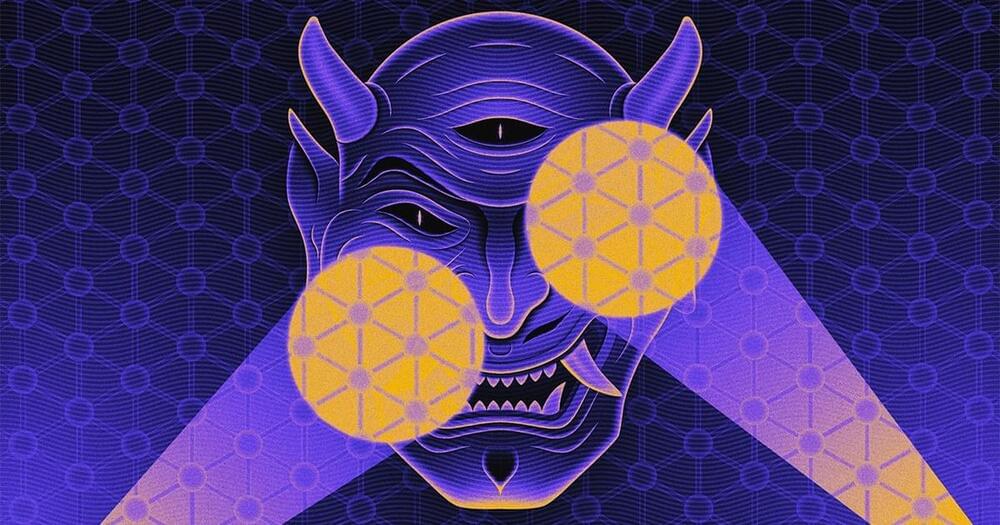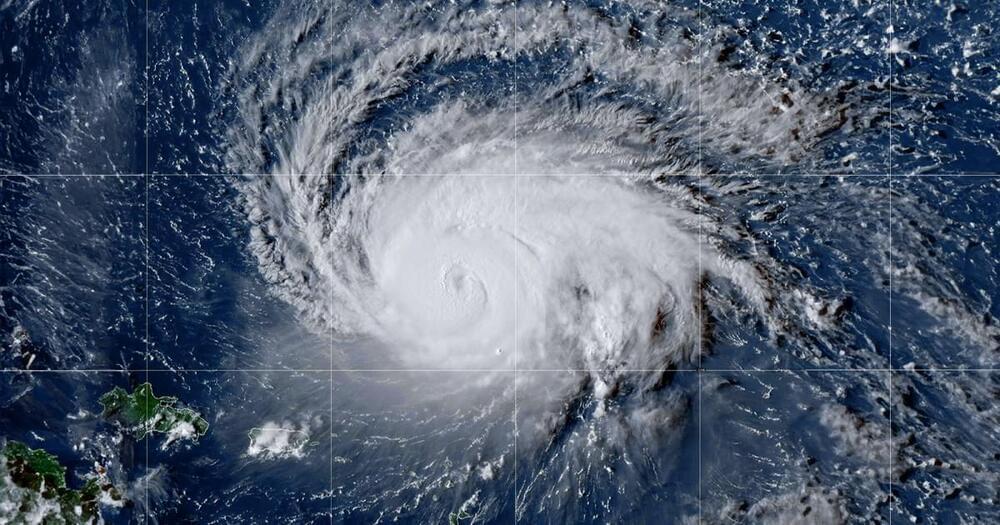The concept that we are all computer-generated characters occupying a world as real as the ones gamers explore on their PlayStation consoles isn’t exactly a new one.
As far back as 1999, Morpheus was entering “The Matrix” to break Neo and a few other chosen few out of a simulated reality created by advanced machines in order to use humans as an energy source. But as the idea permeates not just the realm of science fiction and popular culture, but academia as well, every now and then a philosopher or physicist has something new to say about it.
That’s what happened this week when a physicist at the University of Portsmouth in the United Kingdom proposed that a new law of physics could support the theory that what we see as our reality is in fact a complex virtual simulation running on a cosmic computer. The theory stems from previous research that Dr. Melvin Vopson has conducted looking into whether information has mass.


